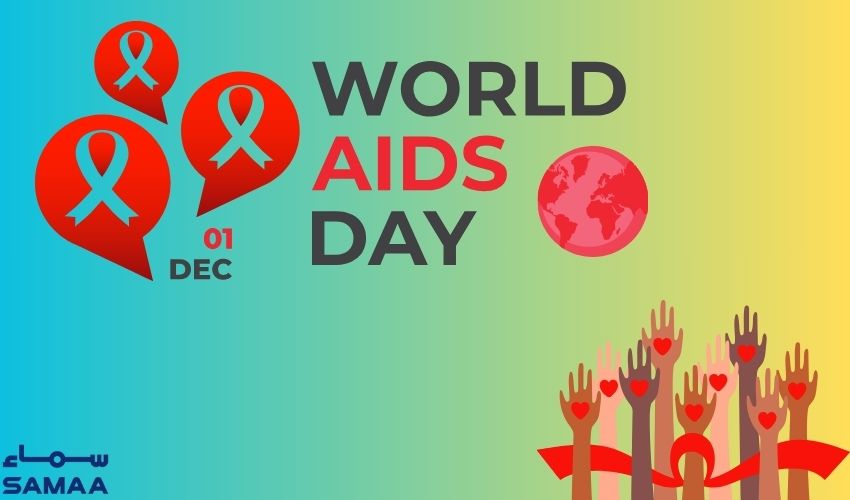World AIDS Day, marked annually on December 1st, serves as a global initiative to raise awareness about the HIV pandemic that leads to AIDS.
This observance, established by the World Health Organization in 1988, signifies a collective effort to combat HIV/AIDS and has evolved into a pivotal occasion for governments, organizations, and individuals to unite against the epidemic.
The historical roots of World AIDS Day underscore its significance as the inaugural Global Health Day.
Its inception marked a milestone in the global battle against HIV/AIDS, providing a dedicated platform to spotlight the challenges posed by the virus and rally support for comprehensive measures.
The essence of World AIDS Day lies in its capacity to draw attention to the persistent issues associated with HIV/AIDS and to galvanize backing for pertinent causes.
This annual event empowers individuals to educate themselves and others on critical aspects such as HIV transmission, prevention, testing, treatment, and the unwarranted stigma faced by those living with the virus.
Through a medley of campaigns, events, and community initiatives, World AIDS Day assumes a pivotal role in dismantling barriers, fostering dialogue, and cultivating understanding.



























